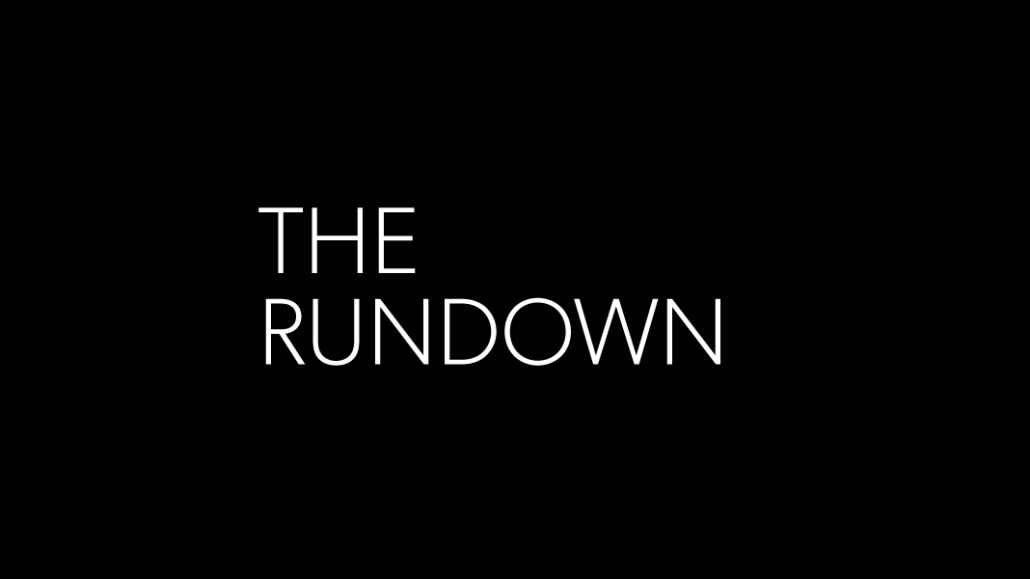
There’s an assault on “creative agencies” underway.
First, of course, is Martin Sorrell, who essentially told creative agencies they were worthless with the release of a prospectus last week for S4 Capital, his post-WPP agency play. Fresh off the $348 million acquisition of MediaMonks in July, the prospectus has plenty of interesting nuggets that provide some sense of how the ad titan perceives the industry.
Like its consultancy competition, S4 will operate under a singular profit and loss statement, which means it will offer services ranging from marketing to consulting to more in a method more akin to how Accenture or Deloitte works, rather than traditional holding companies.
It also will focus on acquisitions — and that’s where things get interesting. Sorrell is betting that owning companies that understand content, data, media planning and media buying is the way to success. The idea is to focus there, not on acquiring creative agencies and competitors mentioned include consultancies, but also production companies and agencies that focus on digital development, rather than advertising.
Obviously a great ad is a great ad; it’s hard to argue around that at a time when Nike’s Colin Kaepernick work seems poised to transcend advertising into becoming a cultural phenomenon. But the fact is that creative agencies have largely placed their bets on being executors of great creative ideas, instead of simply being the genesis of them. And they’ve done that while neglecting places they ought to have made an impact: In consulting for larger businesses problems, in being an agent and outside expert when it comes to consumer insights, and then maybe selling through simply a big idea that is a result of these things, not the entirety of them.
This comes interestingly enough at a time where Sorrell’s own alma mater, whose new CEO Mark Read held an investor meeting hosted by Goldman Sachs that aims to simplify WPP’s own structure, highlighting creative agencies in the U.S. as the most troubled and challenged area within the group.
It’s no question that creative agencies and their worsening performance have contributed largely to how many problems holding companies have had recently. Sorrell’s plan seems to be to entirely step out of the business of making “great ideas” altogether, focusing instead on buying those ideas, deploying them and strategizing around them.
One top creative agency exec, speaking under anonymity, told me the same this week: “What I’ve had to do effectively is make sure everyone here, every single person, knows that their job isn’t to be some kind of design monkey,” he said. “I’m tired of the bombastic creativity that has marked so much of our business. I’d rather we were just better strategic people. That’s what clients want.”
So even as creatives get up in arms about Sorrell effectively arguing that he doesn’t need creative agencies in order to build an agency communications group, they’re missing the point. Nobody said the creative department was dead — it’s very much alive. Great advertising is still something clients will pay for. But if that’s all you’re out selling in the market, without any understanding of the giant transformation these companies are going through in a fragmented market, you’re toast.
More in Marketing

WTF are tokens?
When someone sends a prompt or receives a response, the system breaks language into small segments. These fragments are tokens.

AI is changing how retailers select tech partners
The quick rise of artificial intelligence-powered tools has reshaped retailers’ process of selecting technology partners for anything from marketing to supply chain to merchandising.

YouTube’s upmarket TV push still runs on mid-funnel DNA
YouTube is balancing wanting to be premium TV, the short-form powerhouse and a creator economy engine all at once.





